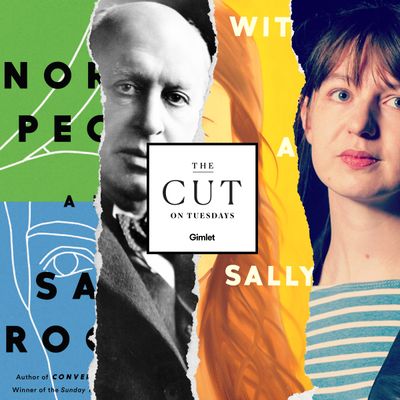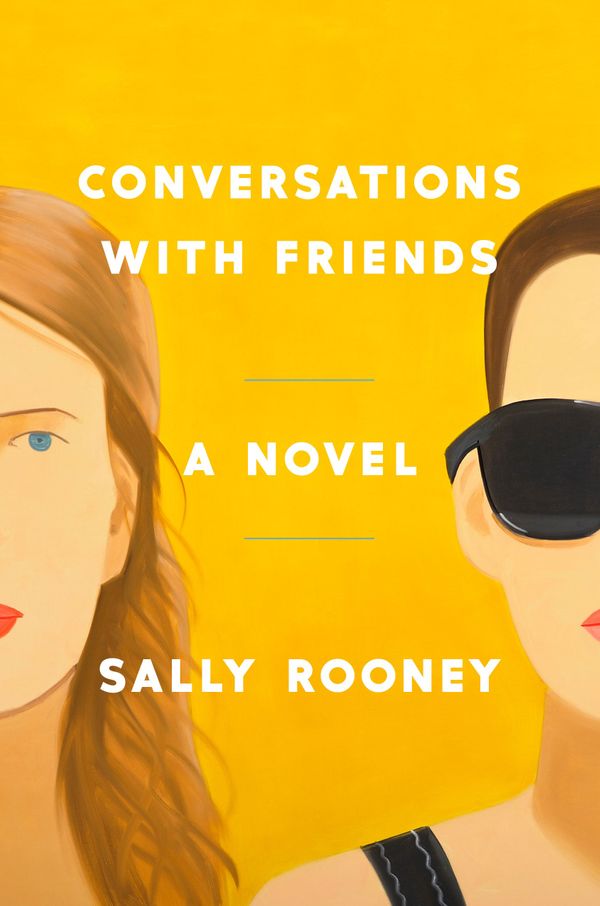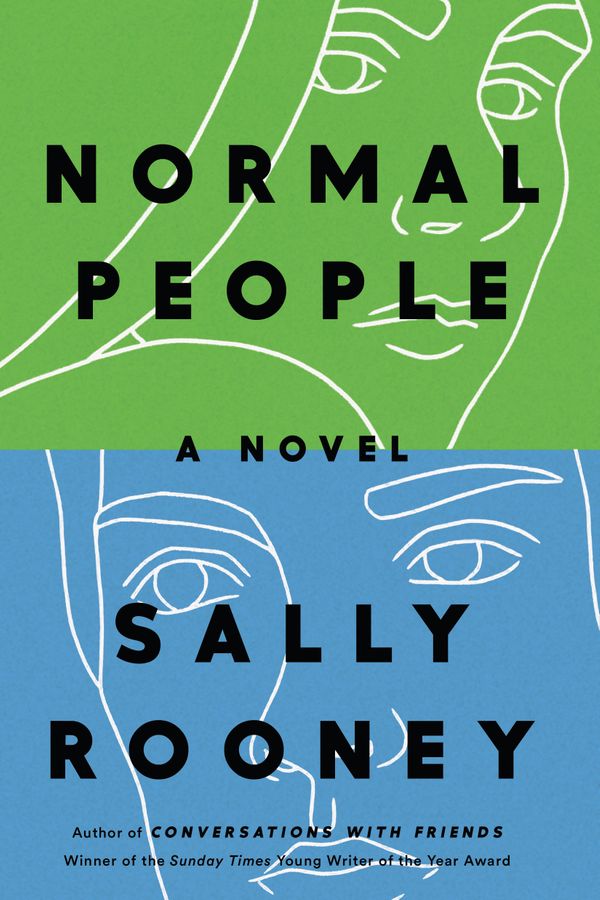
Author Sally Rooney says that when she was a teenager, she resisted classic literature: to her, anything from the nineteenth century and earlier seemed like it was “uncool,” “boring,” and merely “people in period dress.” Today, though, the Irish novelist behind the critically acclaimed Conversations With Friends and the soon to be released Normal People, finds inspiration in the books she later learned to love in her 20s. Rooney spoke with Molly Fischer, the host of The Cut on Tuesdays, about the books and literature that shaped her — from the Marxist and feminist theory she read in college to Henry James and J.D. Salinger. Here are some highlights.
On finding her identity as a reader:
It’s funny because when I read about other writers, so often they’re incredibly precocious from a really young age and they’re inhaling Tolstoy and Virginia Woolf when they’re like 12, and that was not my experience at all. I was a really disorganized, unsystematic reader right up until the point where I got to college. I loved reading and I loved being with books but I had no real idea about literary history, and I was also extremely intellectually lazy, so I didn’t really care to find anything out.
I didn’t have any real identity as a reader until I got to college, and then I started to learn how to read. So throughout my whole teenage years, I was reading totally on the basis of my own impulses and intuitions, and my pre-existing biases and prejudices about what was cool and what wasn’t.
I thought J.D. Salinger was very cool. Raymond Carver, I thought, was cool. I think I read a little of Joyce Carol Oates … 20th century American writers were cool to me. Anything British I was not interested in.
On reading literary theory in college:
For me, one of the big gateways into reading differently was a course that I took in first year of college. I think it was called Theories of Literature … We started with maybe the New Criticism and then we moved through feminists, Marxists, psychoanalytic readings of literature, and into post-structuralism, Foucault and Derrida.
That unlocked a lot; a lot of the intellectual world opened up for me at that point. So definitely, stuff as basic as going to lectures about feminism or learning about Freud or reading The Communist Manifesto and then thinking: Okay, I can take this and go back to the stuff that I read previously and it will mean something different, or I’ll be able to unlock something new about it.
On reading Sheila Heti’s How Should a Person Be?:
I look back on it and I think about the substantial content of the book— like I think about the relationship, the female friendship that’s depicted, and how gratifying and fulfilling I found that depiction, and how much it spoke to me. But really I think what it was, was the style, the way that the sentences were constructed, and the construction of the prose.
And the whole shape and form of the novel, that just felt like I had not read anything like that before. It felt like it had stripped away everything boring about a novel and just lets in the stuff that was actually good. And it was really like: Oh my God. We don’t have to write the boring bits. Like, you don’t have to write the joints and the connections, you can just do the things that are interesting. That felt really exhilarating for me as a reader.
And it made me want to write.
On a book she loved (and also stressed her out):
I remember reading Chris Kraus’s novel, I Love Dick, and at the time when I was reading it, I think I was just really frustrated with how my work was going. It felt like: I just can’t break through a barrier with the book that I’m writing, which I think at that time was Conversations With Friends … I had hit a snag and I couldn’t move forward, and I was really starting to question whether the project had any value, or it was just structurally flawed and it wasn’t gonna work out.
And it was partly that experience of like: No, I don’t want to be reading this. It’s really good. And I can’t get to that level, like I can’t make my work work the way that this does. It was like an experience of frustration, even while I was enjoying the book and felt excited by it, I was also feeling kind of crushed.
On what she’s currently reading:
I’m in London at the moment, and I live in Dublin, so when I was packing I put in my suitcase A Sentimental Education, the Flaubert novel, which I’ve never read. I definitely feel like I have a big backlog of books that, like I say, I have to read.
And there’s an Irish writer, called Nicole Flattery, who has a collection of stories coming out very soon, called Show Them a Good Time. She and I actually know one another in real life and we both used to exchange work before we were published. She’s someone who I definitely have the productive envy for … whenever I read her sentences I get that little thrill of like: Oh, I want to do what Nicole is doing, even though I know that’s what she does, and I have to do what I do.
On a book that made her cry:
I think I was in Boston, or maybe a Barnes and Noble in New York. And maybe like it was the fact that I was in America that made me think: Oh, I should read Henry James. I just picked it [The Portrait of a Lady] up and read it. I actually ended up reading it really voraciously.
I was on the plane home, and it was like the middle of the night, and everyone around me was asleep. I find it hard to sleep on planes sometimes, and I was reading the scene where Ralph Touchett dies, where Isabel is in the room and Ralph is dying. And I was just crying, like I was sobbing, inconsolable tears … It really, really affected me, so I was very grateful, it made me feel very grateful to feel this sort of connection with books that I feel.
If you buy something through our links, New York may earn an affiliate commission.






